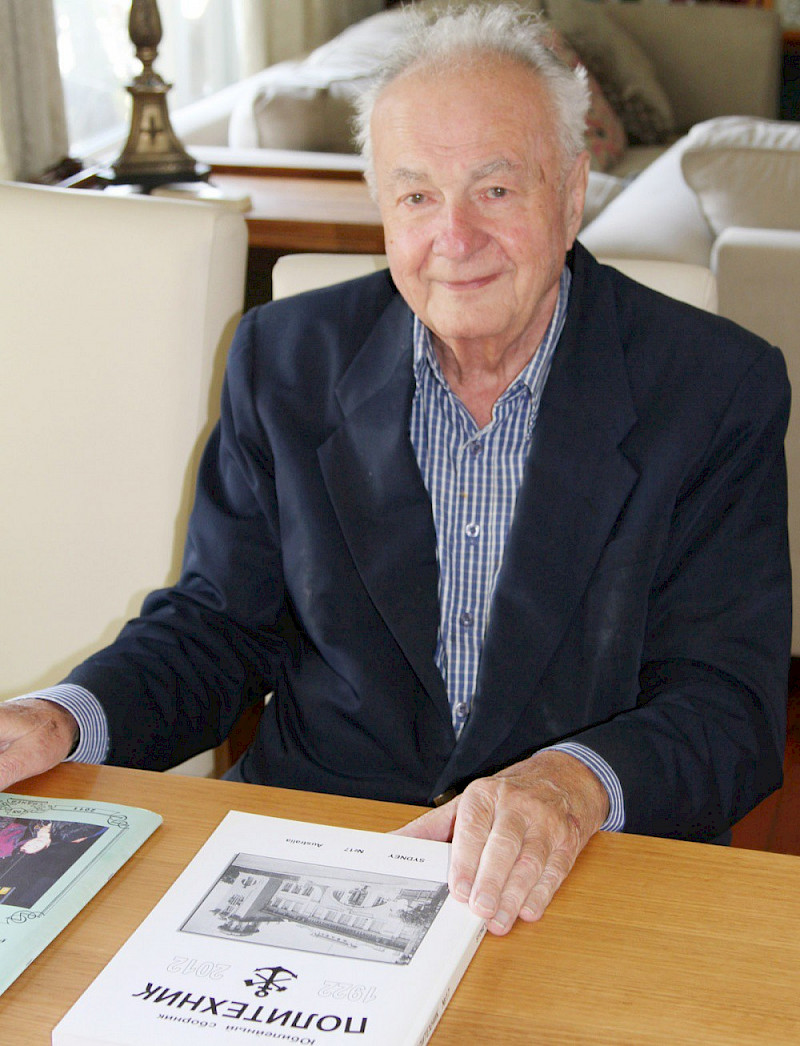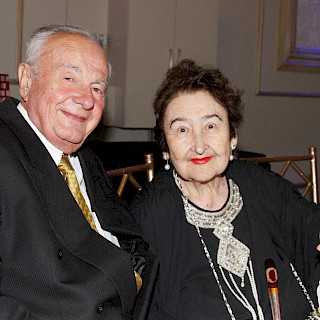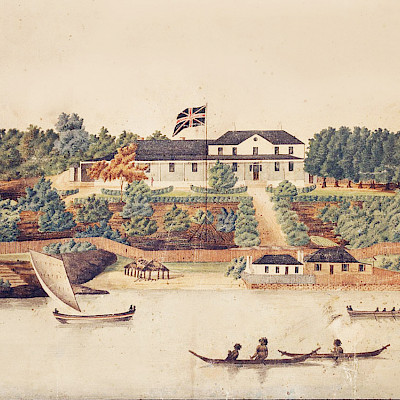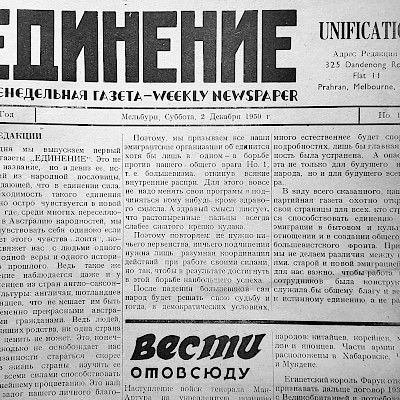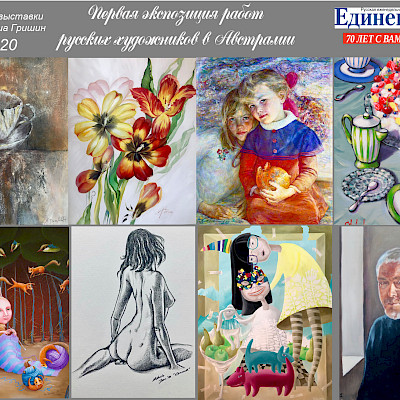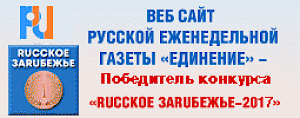Alumni of the Harbin Polytechnic Institute are marking ninety-five years this year since the day the educational institution commenced operations. The Institute, founded for training up specialists for work in the field of rail transport, not only had a large role in the development of Chinese industry, but also gave an education in engineering to a large number of Russian students who later left for different countries around the world. Victor Mikhailovich Ignatenko, president of the HPI engineers’ association in Sydney, was one of the last Russian students who studied at the civil engineering faculty at HPI and told us about how his study and later life went.
“I attended a gathering in Sydney recently of people from Harbin, who came to Australia about sixty years ago,” Victor Ignatenko says. “Many of them found themselves in the fifth continent at the ages of fifteen to seventeen, not having managed to finish secondary school in Harbin. When they arrived in Australia, they weren’t able to continue their schooling, finish it and have a think about university because they didn’t know English. Therefore, most of them had to go down the hard path and work: they had to help their families get settled in their new country. Some of them were able to go off to technical colleges later. I want to show my sincere respect for these young men and women. It was easier for those who arrived at a younger age, at ages eight to twelve: they were able to finish school in Australia and start studying at university.
“I’m eighty-two years old, a bit older than these guys, and I arrived in Australia having already graduated from the Polytechnic Institute in Harbin and done practical work with Chinese enterprises. Now, I started my schooling at Secondary School No. 2, which I finished in 1952 with a school medal. About five or six of the thirty people in our year continued learning in higher education. We had four Russian schools in Harbin at the time. School-leavers from Russian schools in other cities and regions in China also came to Harbin to start studying. When I handed in my papers to HPI, I found out that students needed to study Chinese for a year. Not everyone endured it: fifteen of the forty people who started studying along with me dropped out. And we had to study for six years instead of five. I did learn Chinese and can speak it to this day quite fluently. All classes at the Institute were taken in Russian before 1952, and Chinese students who studied there learnt Russian for two years. Classes in the first years were generally conducted in Russian, by the old professors.
“The core subjects in the senior years were taught by specialists from the Kuybyshev Moscow Institute of Civil Engineering. We were taught by such renowned construction teachers: Serg, Rozhdestvensky, Streletsky and Kuzmin. There were Chinese lecturers too. Teachers were being drawn in from other countries as well, so mathematics was taught by a Chinese professor who had come from San Francisco. We had a separate group for Russian students, about thirty people. A call to the virgin lands was made in the USSR in 1954, and half the students in our group had left by 1955. Four Chinese groups and one Russian group were studying in our year at the construction faculty in all. One hundred and eighty civil engineers graduated from HPI in 1958, and I have to mention that the whole of Australia doesn’t turn out these many specialists in this field. Seven Russians were among those graduates, three of whom came to Australia later: Valeriy and Lyuba Gunko and I. I did my pre-thesis practical work at Peking University for six months; there we studied under the guidance of Soviet specialists.
“The atmosphere in China had changed significantly at this time. The ‘Five Points’ movement was started, and each student was supposed to state their thoughts and post them up in the corridor on the walls. Many wrote that the Far East was Chinese territory and needed liberating. The atmosphere started to escalate. Almost all the Soviet specialists had left the country by 1958. Chinese authorities were striving to cleanse Harbin, as well as the entire country, of Russians and, in general, of foreigners.
“I spent two years after studying at the Institute working in China and in December 1961, I arrived in Australia. I was already married, and Lyudmila and I had a two-year-old son.
“HPI graduates of those past years showed themselves to advantage, and they were recognised in Australia. However, the situation changed after July 1961: automatic recognition was stopped, and I had to verify my degree. I set off for UNSW to continue studying for a master’s degree in engineering sciences. I responded to all the questions at my interview with Professor Hall, and he said for me to come to classes the following day. By this time I had already pulled up my English, and besides, the language of mathematics was more important in technical sciences. I studied and worked at the same time at the city’s water supply authority, Water Board. Some Russians worked alongside me in the construction section: K. Savitsky, Stoyanov, V. Rytov and Lysenko. I successfully completed my course at the university three years later.
“After that I began working at the electric power authority, Electricity Commission, and took part in the construction of practically all the power stations in the state of NSW: Liddell, Vales Point, Munmorah, Eraring and Bayswater. I worked on estimates for the power stations’ construction designs and was group leader. I introduced my own method of estimating large-size bunkers, and it became known as Ignatenko’s Method. I published some articles in engineering journals and spoke at many engineering conferences. It was exciting to participate at an international engineering conference in Moscow in 1989. I delivered evening lectures at UTS for a quarter of a century and was part of an Australian standards creation commission.
“When I retired after thirty years of working at the Electricity Commission, I continued working as a consultant and using my knowledge in volunteer work. I acted as a director of the Russian Club and was a director of the Russian Relief Association of St Sergius of Radonezh for over twenty years. While working in the RRA construction committee, I actively took part in the development of the Association and the construction of new blocks. Along with Valeriy Gunko, I took part in the construction of a Home for the Aged wing for twenty beds. We completed an extension for fifty beds later on, and the third expansion stage was the construction of a new block at a cost of $10 million. I did this important work gratis as a volunteer of our Russian community.
“My wife, Lyudmila, was my most important helper in my life. She graduated from an obstetrics medical assistant educational institution in Harbin. In Australia she was invited to continue studying at the University of Sydney, but I was studying and working at that time: caring for the family didn’t allow her to. She started working as a nurse at a hospital, sometimes having to work sixteen hours a day.
“The fate of my family could have turned out differently: my wife and I were intending to go to the USSR in the 1950s, but my mum, Maria Robertovna Piontek (her father, a Russified Austrian, perished in the First World War while defending Russia), having left for Australia, sent us a request to come here.
“You remember your childhood, youth in Harbin and seeing school friends more and more with age. We lived on Grenaderskaya Street, near the old central station. I remember my parents and grandfather, Viktor Semenovich, who, at the beginning of the last century already, was a member of the RSDLP and came to work on the CER in 1906. He took up an important post after the Russian Revolution: he became head of all the Railway’s logistical depots, but he was a person of modesty and lived in a simple adobe house.
When I think about what the most important product of our lives has been, how we have been of benefit to Australian society, I think it’s not only our successes at work, as an engineer or medical assistant, but our two children as well. Our older son became a professional bookkeeper, and our younger son a doctor. Our younger son worked in London after university; then he was in Russia, in Tomsk and other cities, for two years with the World Health Organization. When he returned to London, he, among other colleagues of his, was invited to a reception with Queen Elizabeth, and Prince Philip came up to him. Having found out about his Russian roots, he addressed him in Russian. Our son now works as a senior anaesthetist at one of the best hospitals in NSW, St Vincent’s Hospital. Australia’s a brilliant country: it gives an opportunity to all who aren’t afraid of work to achieve success.”
Victor Ignatenko, Sydney
Translated by Samuel Brotchie
Translator’s note
This translation is a translation of the original text and was completed by me in 2020 during my bachelor honours degree programme in the field of Russian.
I am not a professional translator and have no formal translation qualifications. Any mistakes in this translation should be considered in this context. Any views expressed in this translation are not a reflection of my views.
If any text in this translation contains text from external sources, this is indicated in this translation, and the details of these sources can be found in a list at the end of this translation.
I feel privileged to have had the opportunity to produce this translation, and I hope that it is of benefit to the literature on Harbin Russians and to the Unification community.
Samuel Brotchie
February 2021



